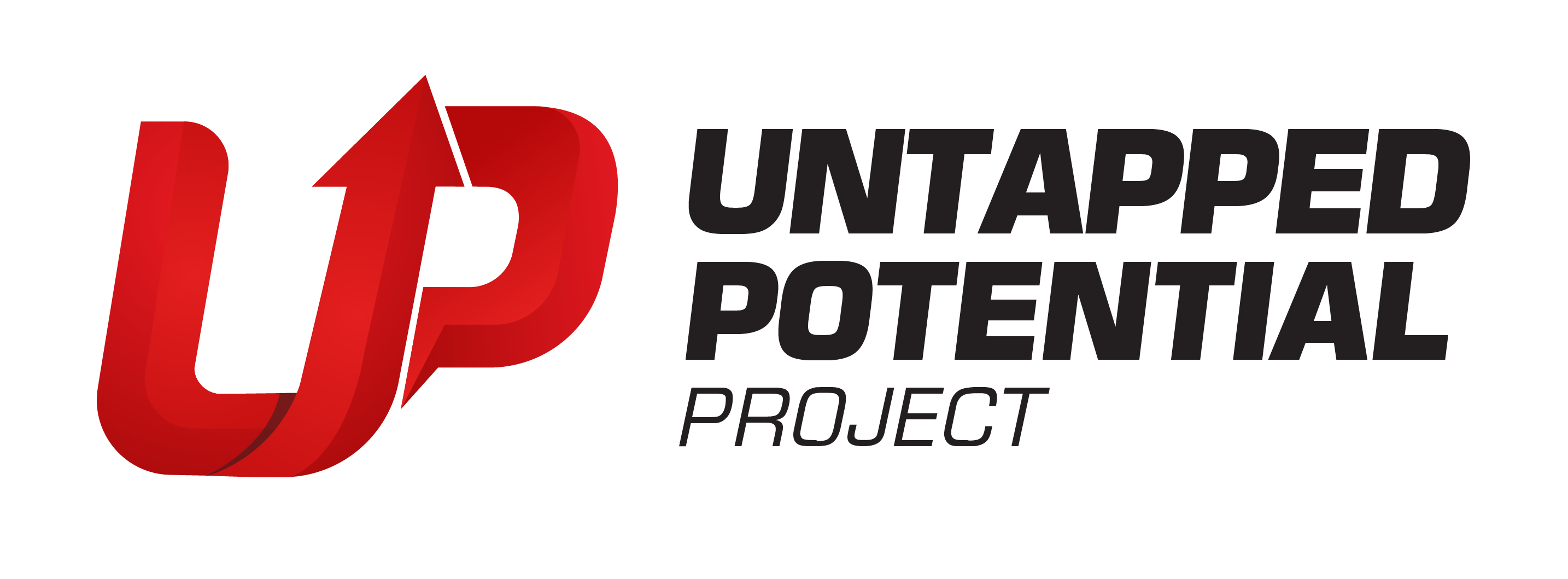When we emerge from this pandemic — and we will, eventually, despite how it feels now — what will the worlds of work and education look like?
No one can know with certainty, of course, but we can make some educated guesses. And we can and should shoot for the stars, because what good is a crisis if it doesn’t present unprecedented opportunities?
A recent piece by New York Time columnist Thomas Friedman takes a stab at what potentially positive transformations we might see. At his worst, Friedman can be a glib blowhard. At his best he’s also a provocateur, challenging our view of the world as it is and could be. I’d put this piece in the latter category.
Friedman returns to one of his go-to sources for visionary thinking, a fellow by the name of Ravi Kumar, who runs an Indian tech services company called Infosys. “Because Infosys helps companies prepare for a digital world, I’ve always found it a source of great insight on global employment/education trends,” Friedman writes.
His recent conversation with Kumar, as recounted in the column, unearthed the nuggets of pure gold:
- “…accelerations in digitization and globalization are steadily making more work “modular,’’ broken up into small packets that are farmed out by companies,” Friedman quotes Kumar as saying.
- As a result, “many more diverse groups of people — those living in rural areas, minorities, stay-at-home moms and dads and those with disabilities — will be able to compete for it from their homes.”
- Kumar relocated to New York recently because he sees “a huge new market in helping U.S. companies to prepare for this world by identifying potential new employees with skills — whether or not they have college degrees — then pairing them with new pathways of online training and pairing companies with these new talent pools.”
- The impacts of these trends on education are obvious, and already in evidence. Kumar tells Friedman that his firm is now hiring many workers without degrees. Says Kumar: “If you know stuff and can demonstrate that you know stuff and have been upskilling yourself with online training to do the task that we need, you’re hired. We think this structural shift — from degrees to skills — could bridge the digital divide as the cost of undergraduate education has increased by 150 percent over the last 20 years.’’
- What role does postsecondary education play in this new world? It “will be a hybrid ecosystem of company platforms, colleges and local schools, whose goal will be to create the opportunity for lifelong “radical reskilling.””
- In the near future, Friedman posits, companies will partner with universities, and even high schools, to create what he calls “just-in-time learning.”
- Simultaneously, “company employees will be able to take just-in-case humanities courses at the outside universities. Both will be able to “learn, earn and work,’’ all at the same time.”
Entrenched interests have a way of holding onto their power, of course, so fomenting these changes has to be at once organic and aggressive. But it is exciting to envision a future in which education and training pipelines look very different, and education isn’t something that takes place during a discrete portion of your life. Instead, it continues throughout your life, morphing and evolving as conditions dictate.
At the Untapped Potential Project, we find this an incredibly exciting time to be immersed in this work.

